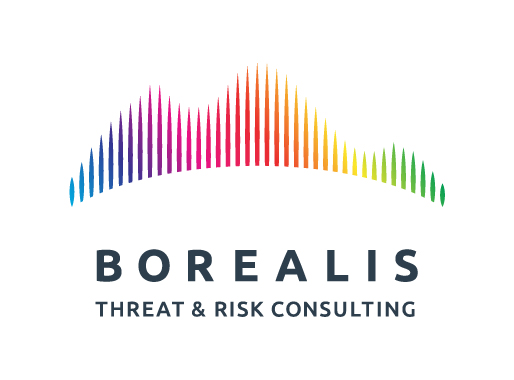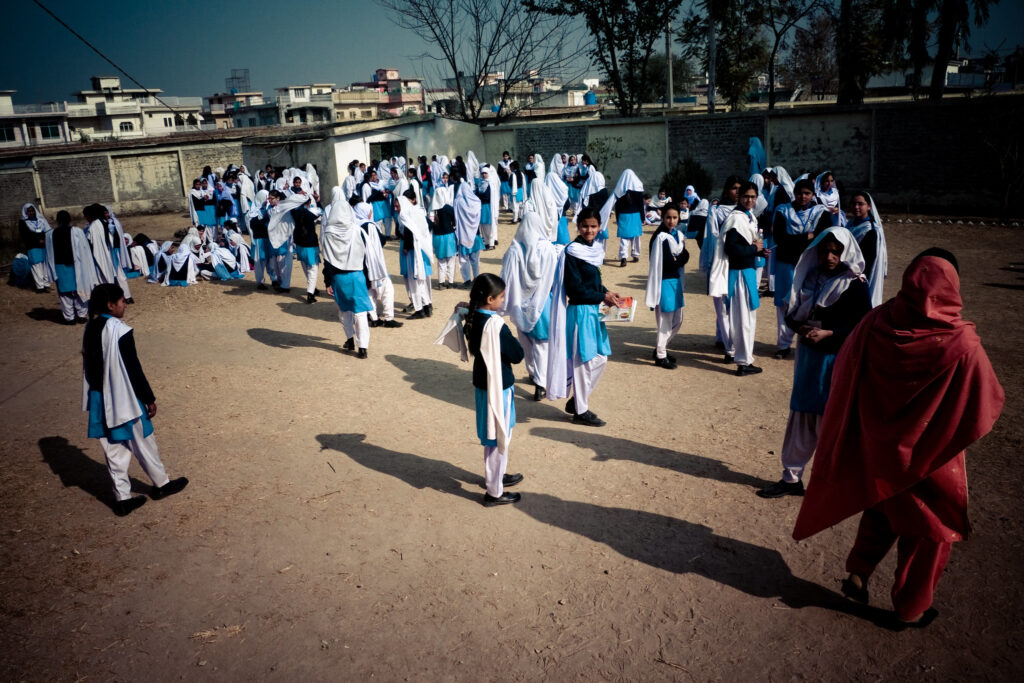Failing to label terrorists accurately can undermine both our understanding as well as our ability to combat it.
The term political correctness has been around a long time. It refers to language that seems intended to give the least amount of offence, especially when describing groups identified by external markers such as race, gender, culture or sexual orientation. It apparently dates back to the time just after the Russian Revolution of 1917.
Many have derided those who use the term, stating that it points to shallowness and an inability to face reality. Some have coined another neologism – snowflakes – to refer to those who are ‘too’ politically correct, ‘too’ easily offended, and ‘too’ soft in their demands for safe spaces, trigger warnings, preferred pronouns, and social justice.

I recognise that there is indeed always a need to consider language when talking about, well, talking about everything (NB I did teach linguistics at university for over a decade). We should not be dismissive when it comes to words and it is good idea to consider how others see what you are saying and how you are saying it in order for communication to continue. Why raise hackles when you don’t have to?
Still, there is also a concomitant need for accuracy. We must be able to use precise language to describe what we are facing in order to come up with strategies to deal with it. Yes, we must take sensitivities in mind – why would you offend some unnecessarily? – but words have meanings. You can’t just decide to change a word’s definition to suit your fancy. After all, we do not live in an Alice in Wonderland world where Humpty Dumpty can say “When I use a word it means just what I. choose it to mean-neither more nor less.”
Into this mix we have a decision by the Australian Security Intelligence Organisation (ASIO) to stop referring to “right-wing extremism” and “Islamic extremism” to talk about violent threats, saying the labels are “no longer fit for purpose”, adding that ASIO‘s language “needs to evolve to match the evolving threat environment”. In their place, they will use “ideologically motivated violent extremism (aka IMVE)” and “religiously motivated violent extremism“.
This is simply wrong.
The ASIO Director, Mike Burgess, claims that the term “Islamic extremism” can be seen by Muslim groups as “damaging” and “misrepresentative of Islam”, and one that stigmatises them by “encouraging stereotyping” and “stoking division”. For the record it is definitely true, and I have seen it, that some Muslims in the West have been on the receiving end of nasty insults, and even assaults, by those who erroneously sees them as linked to the terrorists who carried out 9/11.
But…
We DID change after 9/11 in our use of language. We used to call this form of violent extremism ‘Sunni Islamic Terrorism’ but we altered this to ‘Islamist terrorism‘. Islamist is not the same term as ‘Islamic‘. It is a recognised and accepted term in security intelligence, law enforcement and even academic communities to refer to a particular kind of Islam that is purely political in nature (i.e. not solely religious).
To the neologism ‘Islamist‘ we added ‘terrorism‘ (or its synonym ‘violent extremism‘) to make it clear that we are talking about a small number of actors who like to kill and maim in the furtherance of their perverted interpretation of Islam. Side note: make no mistake, their ideology is intrinsically tied to Islam, just not a normative version of the faith.
What, then, is to be gained by calling this ‘religiously motivated violent extremism‘? Are all forms of this kind of violence the same? Are Hindu terrorists in India analogous to Sikh terrorists, or Jewish violent extremists or Christian ones? What about Buddhist terrorists (no, that is not an oxymoron!)? There may indeed be similarities but there are also crucial differences, the most important of which is the simple fact that Islamist terrorists carry out attacks on a scale that dwarfs by several orders of magnitude those executed by other ‘religious’ actors. These are NOT the same phenomenon! Heck, I even wrote a whole book on the topic!
I therefore conclude that this move by ASIO is ill-founded and counterproductive. I am actually quite surprised by it. In addition, my own former agency, CSIS, made a similar move a few years ago and it too was not a great idea. We simply cannot allow sensitivities to dictate to our security intelligence and law enforcement agencies what they do and how they refer to it. If policy wonks and civil servants want to use IMVE fine, just don’t tell practitioners how to do their jobs.
As Shakespeare may have said it he had been born after 9/11 “A terrorist by any other name would be as dangerous”. Enough with political correctness already!
Read More about Islamist Terrorism

Quick Hits Episode 206: when woke culture makes national security impossible
Woke and cancel culture are gaining ground on many fronts and may in fact be having a serious effect on our ability to ensure national security and public safety.
May 21, 2004: Bombing at Bangladeshi shrine
On May 21, 2004 a bomb injured the British High Commissioner to Bangladesh while he was visiting the Shah Jalal shrine, killing two.

May 7, 2018: Girls’ school bombing in Pakistan
On May 7, 2018 the Ittehadul Mujahideen North Waziristan bombed two girls’ schools in Pakistan and left pamphlets urging families not to send their children.
